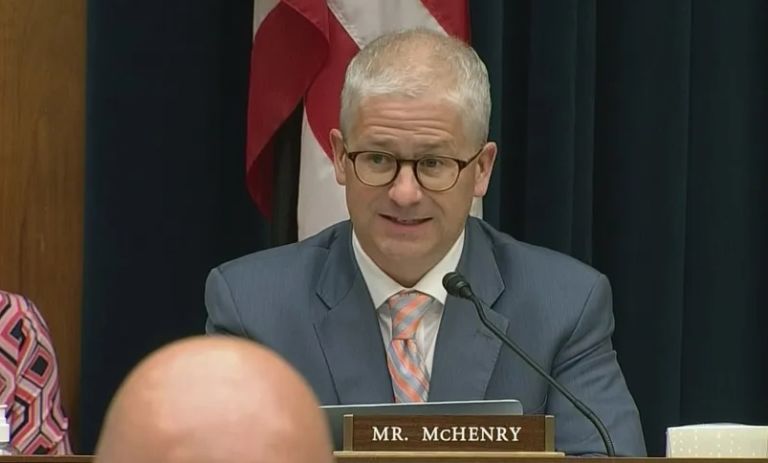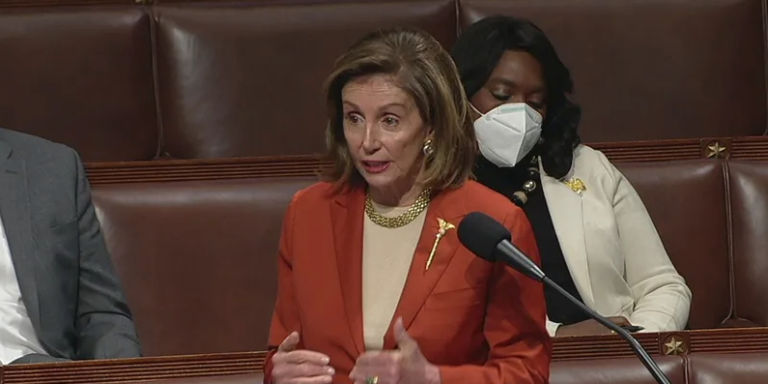Casey Mulligan writes at National Review Online about a major problem with legislation Democrats are pursuing now on Capitol Hill.
Public assistance today is far more generous than in [1965], prompting elected officials from Bill Clinton to Barack Obama to acknowledge that, in the latter’s words, “we have to have work as the centerpiece of any social policy,” and that “children benefit not just from loving mothers and loving fathers, but from strong and loving marriages as well.” Nevertheless, 48 U.S. senators are now pushing hard to transform families with ambitious new legislation that contains a multitude of hidden but hefty disincentives for work and marriage.
Take Section 23001 of the Build Back Better bill (BBB), which would create a large new federal childcare program. For each year that a couple has children under age 5, being unmarried could easily save them over $10,000 annually in childcare costs compared to being married, because the new program would base the subsidy on household income, without combining the incomes of unmarried parents. If, say, a mother was earning 75 percent of the median household income in her state, her young children would receive care paid for entirely by the federal government — if, that is, she was not married to anyone earning income. The same mother, if married to an earner, would have to bear childcare costs herself. In 2022–24, the family would pay full price, which would likely exceed $15,000 per child per year (e.g., $30,000 for two children under age 5). In later years, being married with a working father would cost them 7 percent of their household income, which itself would be a five-figure expense if the father earned a bit more than the median. …
… Childcare is just one among a number of programs that would strongly encourage even middle-income people to seriously consider single parenthood. …
… Childcare costs are high enough already, but the new childcare program would increase them further. Under the heading of “quality regulation,” BBB requires that childcare workers be paid as much as elementary-school teachers.


